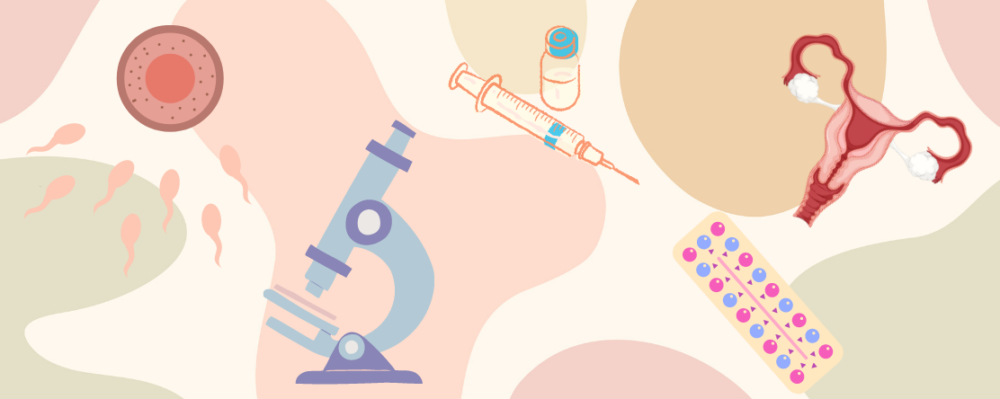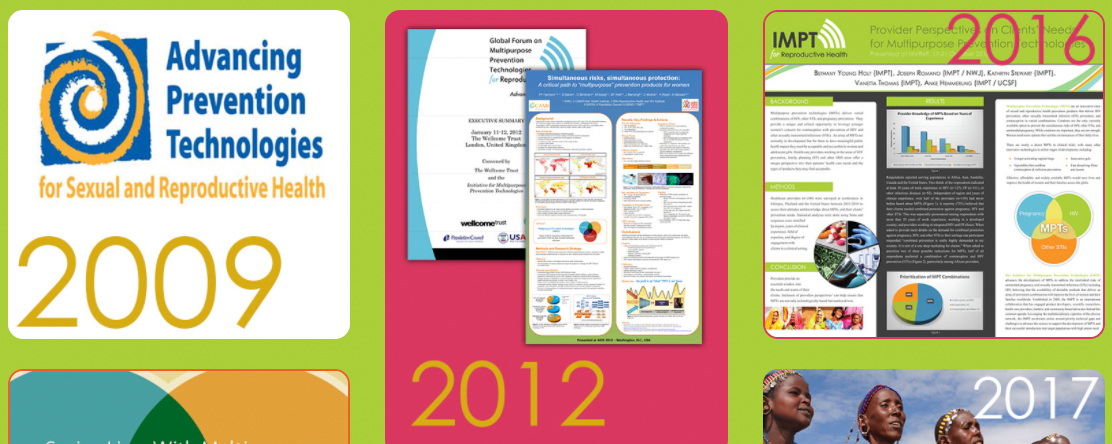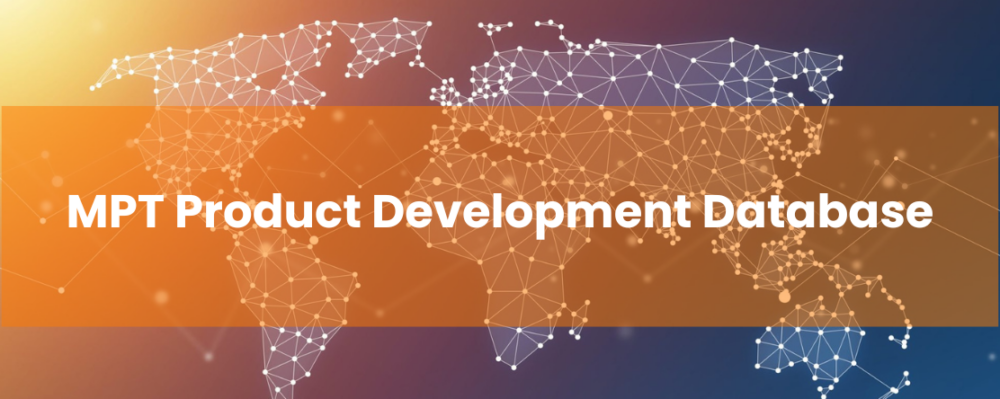
“It’s all in a decade’s work”: A Ten-Year Retrospective Report on the IMPT

Multipurpose prevention technologies (MPTs) are safe, effective, accessible, and acceptable tools for women that combine prevention of at least two sexual and reproductive health (SRH) risks, including HIV, other STIs, and unintended pregnancy. Despite important advances in the family planning, STI prevention, and HIV prevention fields, condoms were the only available method for comprehensive SRH protection at the founding of the MPT field in 2009, and remain a critical component of the method mix today. Taking a page from the family planning field, however, the MPT field was founded on the idea that a ‘suite’ of multipurpose prevention products would better meet a woman’s needs throughout her life course.
10 years ago, in 2009, the MPTs field was formalized alongside the launch of the Initiative for MPTs (IMPT)—a product neutral backbone organization established to facilitate action-oriented collaborations aimed at driving this new field forward. The IMPT is a project of PHI’s CAMI Health, an organization dedicated to improving the health of women and girls worldwide.
In this 10-year retrospective report, the IMPT highlights advances in the MPT field that have synergistically combined to bring MPTs continually closer to a reality that will improve the lives of women and girls worldwide. Explore the report.
Originally published by CAMI Health
Work With Us
You change the world. We do the rest. Explore fiscal sponsorship at PHI.
Support Us
Together, we can accelerate our response to public health’s most critical issues.
Find Employment
Begin your career at the Public Health Institute.


